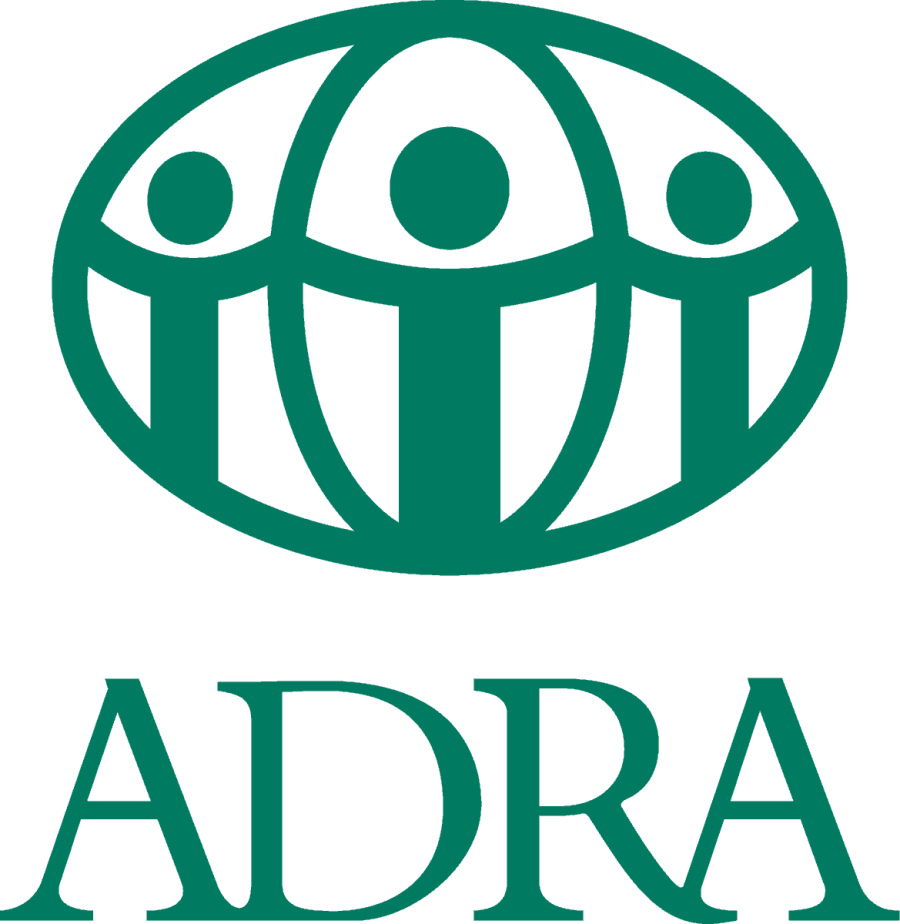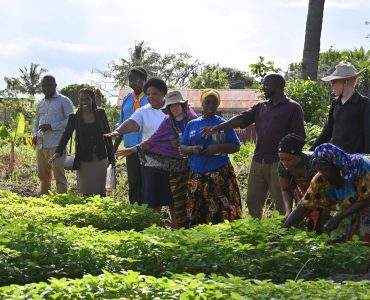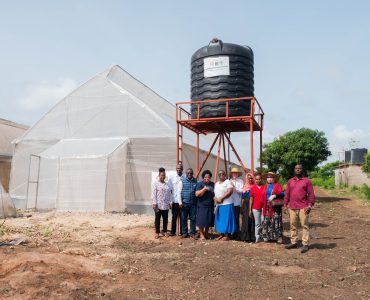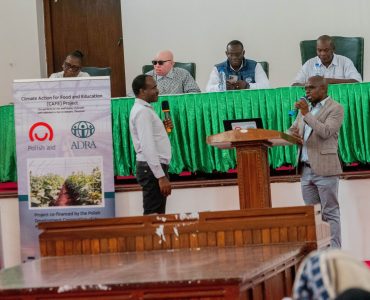Climate And Food Education (CAFE) Project
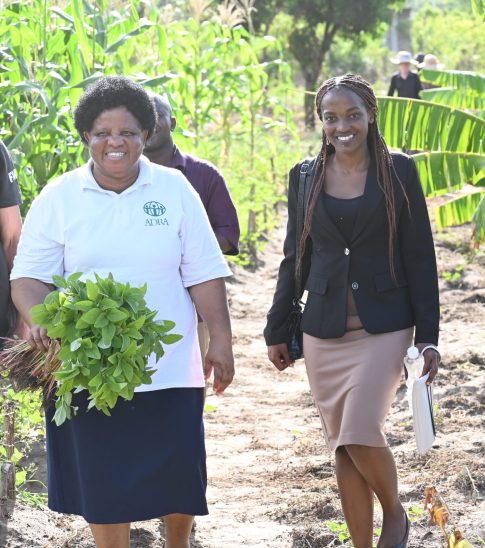
About The Project
The Climate Action for Food and Education (CAFE) Project was a comprehensive initiative aimed at improving the living conditions of 100 households of women with albinism in Dar es Salaam, Tanzania. The project, led by ADRA Tanzania in partnership with Tanzania Albinism Society (TAS), sought to address the challenges faced by individuals with albinism, particularly women who are internally displaced due to insecurity, stigma, and discrimination.
Summary of the project
The initiative involved mobilizing 100 selected households in 2 groups of 50 members each, to act as structures for community engagement and education against social diseases like stigma and discrimination. These households were equipped with urban farming skills using a climate-smart approach to establish greenhouse businesses, providing a sustainable source of income for self-reliance and human dignity. The project also emphasized capacity building through vocational and business skills training, mentoring, and engagement with government and private sector opportunities.
The project’s direct objective was to empower women with albinism, especially those displaced due to brutal attacks fueled by superstitious beliefs. Between 2006 and 2016, 75 people with albinism were killed in Northern Tanzania, leading to an exodus of youth and women to safer urban areas. By December 2024, the CAFE project had mobilized 100 households of women with albinism, who are currently running vegetable farming activities in already established greenhouse businesses for improved nutrition and income. The initiative also included advocacy efforts, engaging duty bearers including Community Development Officers, Business Registration and Licensing Agency (BRELA) to foster inclusion of persons with albinism in the development processes. Module 1 of the project, running from September to December 2023, focused on climate-smart agriculture, capacity building, group organization, and vocational and business skills training to enhance job opportunities for women with albinism. Overall, the CAFE project is a holistic approach to empower and uplift the lives of this vulnerable community in Tanzania.
Objectives
The CAFE Project aims to address these challenges by providing climate-smart agriculture training, nutrition education, life skills development, and advocacy for women and children with albinism in Dar es Salaam city, Tanzania. The project will also establish a city garden where they can grow their own food, generate income, and interact with other members of the society.
The specific objectives of the project are:
- To improve the food security and nutrition status of women and children with albinism by teaching them how to grow climate-resilient crops using organic methods, water harvesting techniques, and improved seeds.
- To enhance the health and well-being of women and children with albinism by providing them with nutrition education, health screenings, skin cancer prevention, and psychosocial support.
- To increase the self-esteem and confidence of women and children with albinism by equipping them with life skills such as literacy, numeracy, entrepreneurship, leadership, communication, and decision-making.
- To raise awareness and advocate for the rights and inclusion of women and children with albinism by engaging with local authorities, media, religious leaders, civil society organizations, and other stakeholders.
The CAFE Project will implement the following activities:
- Conduct a baseline survey to assess the needs and challenges of women and children with albinism in Dar es Salaam city.
- Select 100 women and 100 children with albinism to participate in the project.
- Provide them with climate-smart agriculture training using participatory methods such as demonstrations, field visits, farmer-to-farmer exchanges, and farmer field schools.
- Establish a city garden on a 2-hectare plot of land where they can practice what they learned and grow crops such as maize, beans, cassava, sweet potatoes, vegetables, fruits, herbs, and spices.
- Provide them with nutrition education using interactive methods such as cooking demonstrations, food fairs, nutrition clubs, and nutrition games. Provide them with health screenings for common diseases such as malaria, anemia, HIV/AIDS,
Your Support Means a Lot
Each donations matter, even the smallest ones. Donate today and someone’s life will get better!
